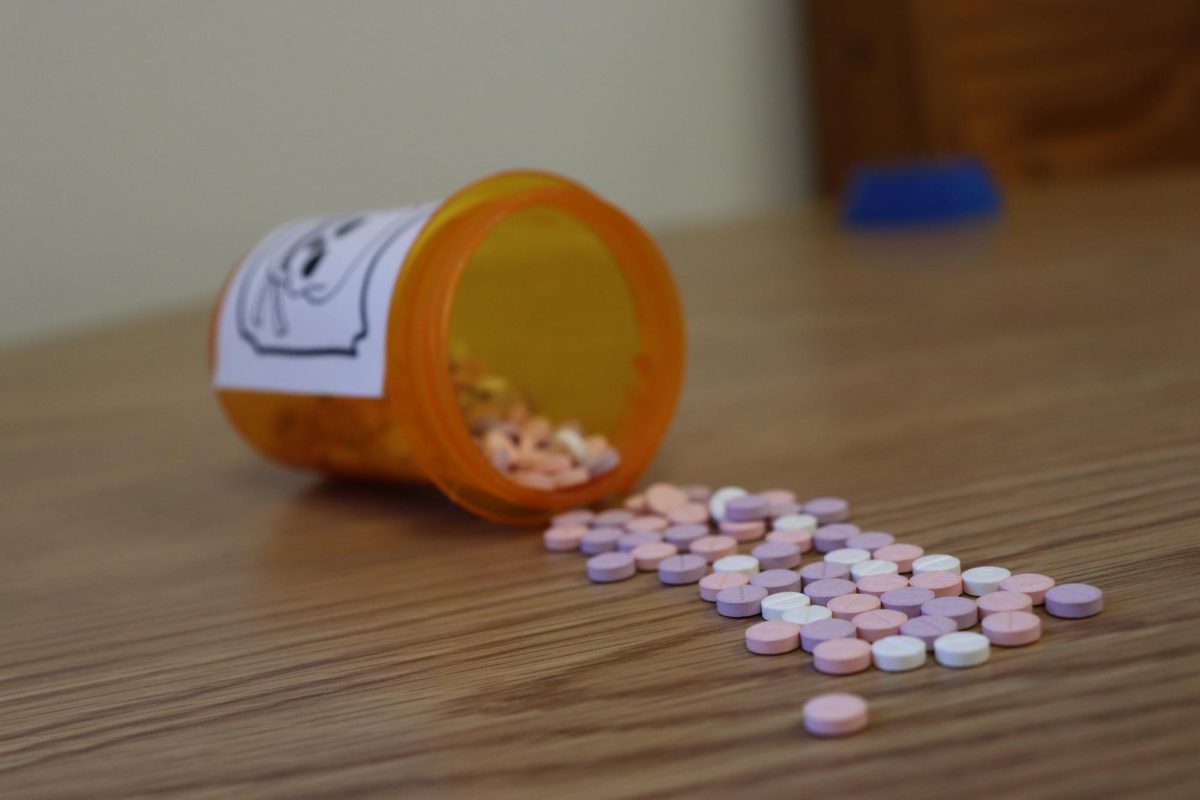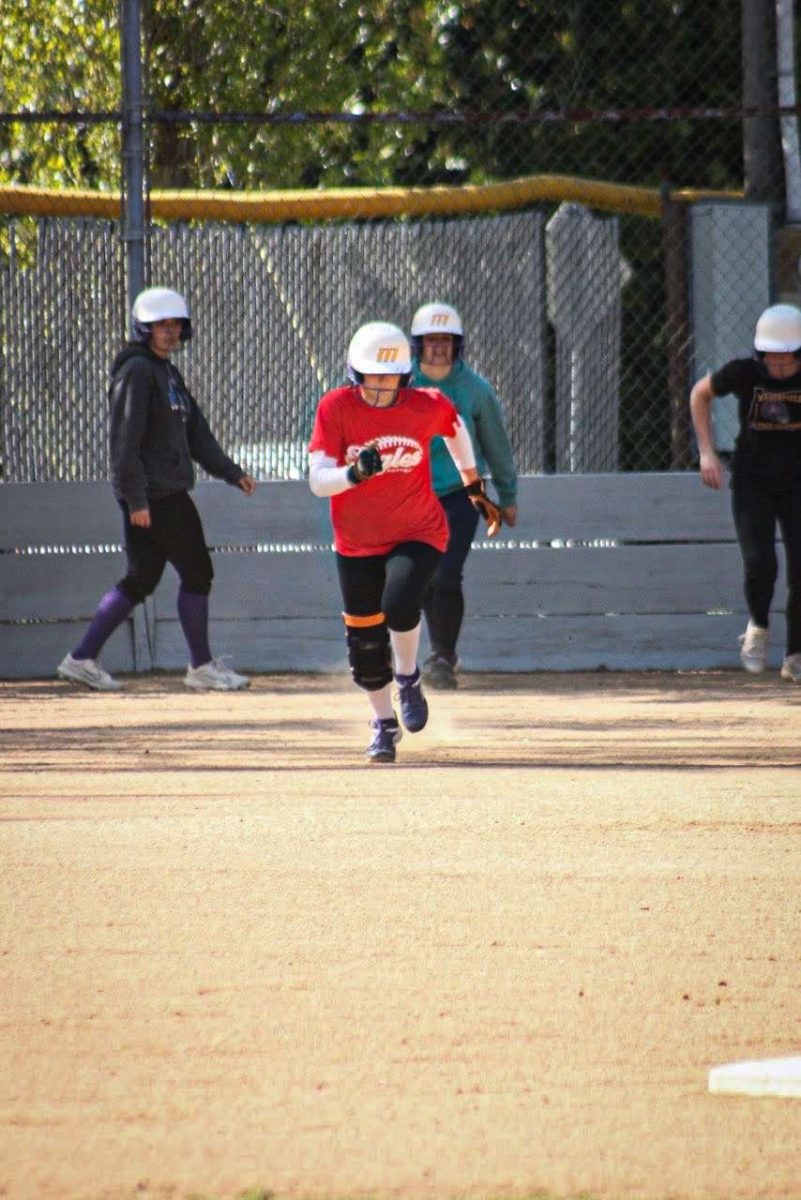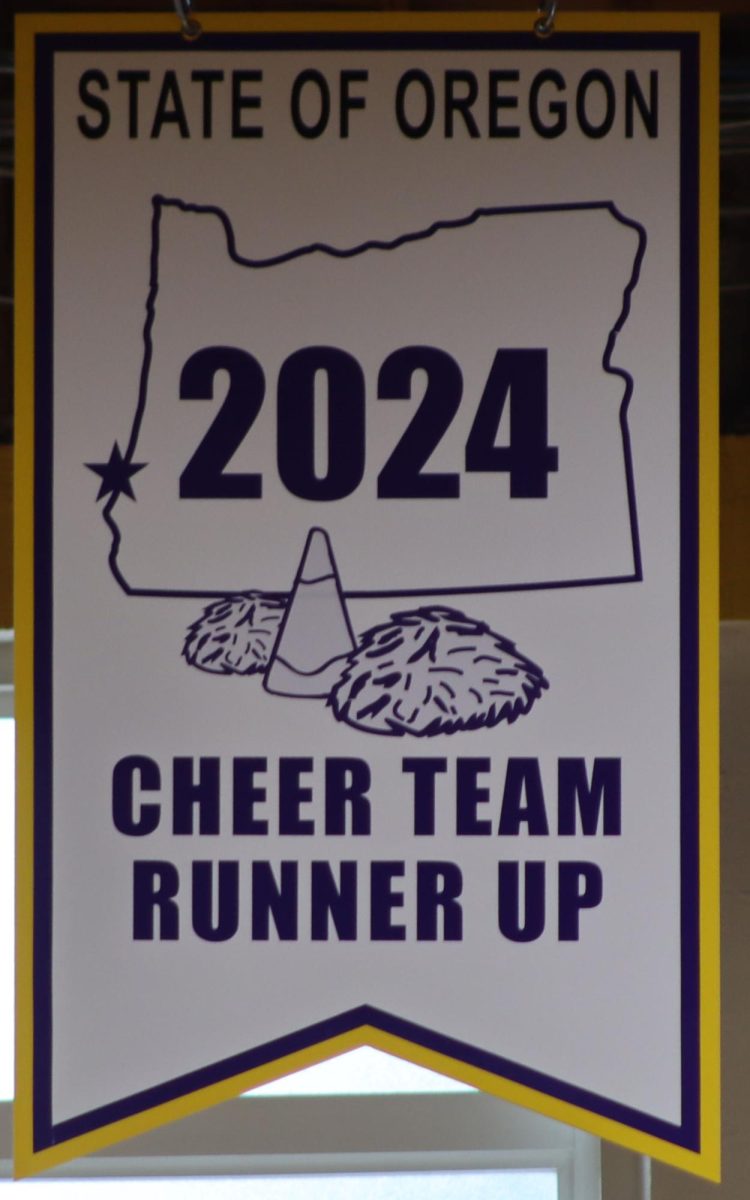Like many adolescents across the country, some MHS students are dealing with the physical and social effects of being overweight or obese.
By Audrey Webster & Shaylen Crook | Collaborative reporters
Toned arms, a flat stomach and thin legs are the physical standards the media sets for young people to be socially accepted. When these standards are not met, adolescents can be excluded from social activities with their peers.
Senior Natalie Fleck and sophomore Josiah Cisler are two of many students who believe they are overweight according to society’s requirements.
“It stops me from doing certain social events,” Fleck said.
A recent survey of MHS students conducted by The Marshfield Times revealed 17 percent of those surveyed see themselves as being overweight. With so many students claiming to be overweight, obesity seems to be a growing problem not only at Marshfield but across the nation.
“I always have been overweight. I was a lot bigger back in middle school,” Cisler said. “I don’t feel good about myself.”
For Cisler, being overweight affects his outlook on life. Everyday has become a struggle to meet society’s demand for the perfect figure. Cisler is one of many students who deal with the impacts of being overweight.
“Sometimes I don’t want to go to school,” Cisler said. “I just want to sit there and not do anything.”
Growing up in a country where image seems to be everything has taken its emotional toll on the self-esteem of many teens. This can make students feel less confident about themselves and as though they do not fit in with their peers.
According to junior Ally Putas, overweight teens are more self-conscious, and this may prevent them from participating in certain activities.
“It lowers people’s self-confidence,” Putas said. “If you’re overweight and not confident about yourself, people will treat you differently.”
Of the surveyed students, 78 percent believe overweight and obese people are treated differently.
“It’s not right, but sometimes I do make fun of them,” a Marshfield eighth grader said.
Obesity is a growing problem in the United States, according to the U.S. Center for Disease Control and Prevention (CDC). Since 1980, obesity among adolescents has almost tripled. In 2012, it was reported by the National Health and Nutrition Examination Survey that 17 percent of Americans from ages two to 19 are obese. Childhood obesity in Oregon is slightly above the national average with 17.7 percent obesity rate.
Fleck believes in order to combat obesity, teenagers need to find a positive outlet for themselves. She said activity can help improve teens’ self-esteem and get them more engaged in society.
“It [activity] will get your body moving and make you feel better and not like an outcast about your weight,” Fleck said.
To help control her weight, Fleck gets involved with various activities outside of school, including golf and working as a Zumba instructor. She said everyone has something they are trying to work on, and managing weight is hers.
“For boys and girls struggling to find a positive outlook,” Fleck said. “Get involved with sports and other activities.”
Math teacher Megan Free grew up dealing with obese parents and was never given the opportunity to participate in school athletics. Exercising and practicing good nutrition have become two of Free’s many hobbies. She tries to influence her students to eat healthy and get enough physical activity.
According to Free, it should be the parents’ responsibility to inform and teach their children about healthy eating and being involved in daily exercise.
“If you don’t give them healthy food and don’t show them what healthy food is, then it’s going to be hard for them to combat obesity,” Free said.
Cisler is also working to take control of his weight. On New Year’s Eve he made a resolution to quit drinking soda. To help him meet this goal, he made a bet with his aunt. If he drinks soda during 2013, he will give her half of the money he has earned throughout the year.
“I drank a lot of soda [in the past] and it hasn’t helped my weight,” Cisler said. “I haven’t drank soda since the 31st of December.”
Cisler also plans to begin exercising more and trying to live a healthier lifestyle.
“I think the first time when I am able to buy smaller pant sizes and smaller shirt sizes it will really help me,” Cisler said.




















